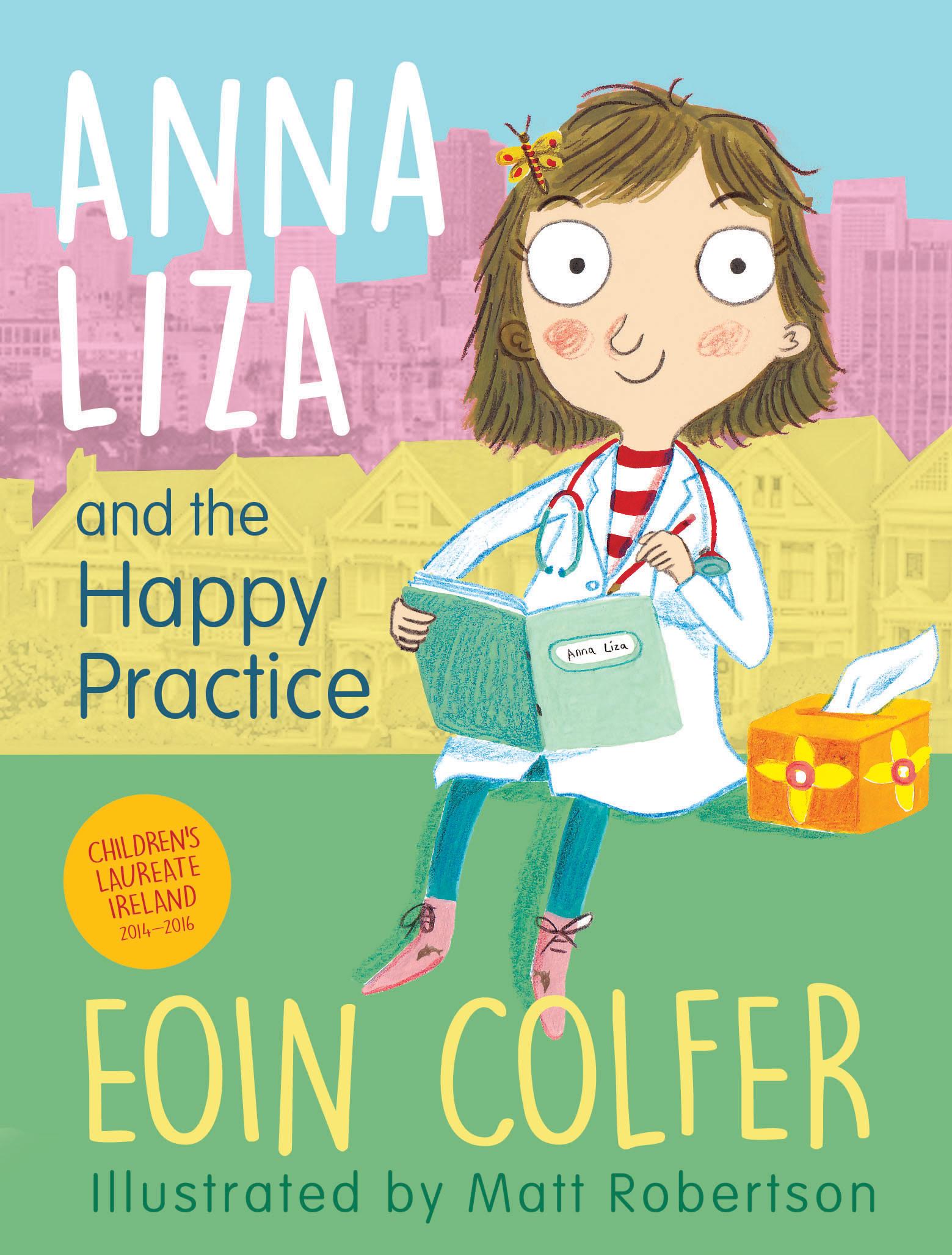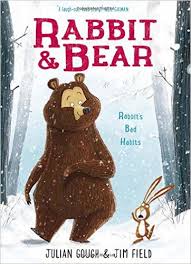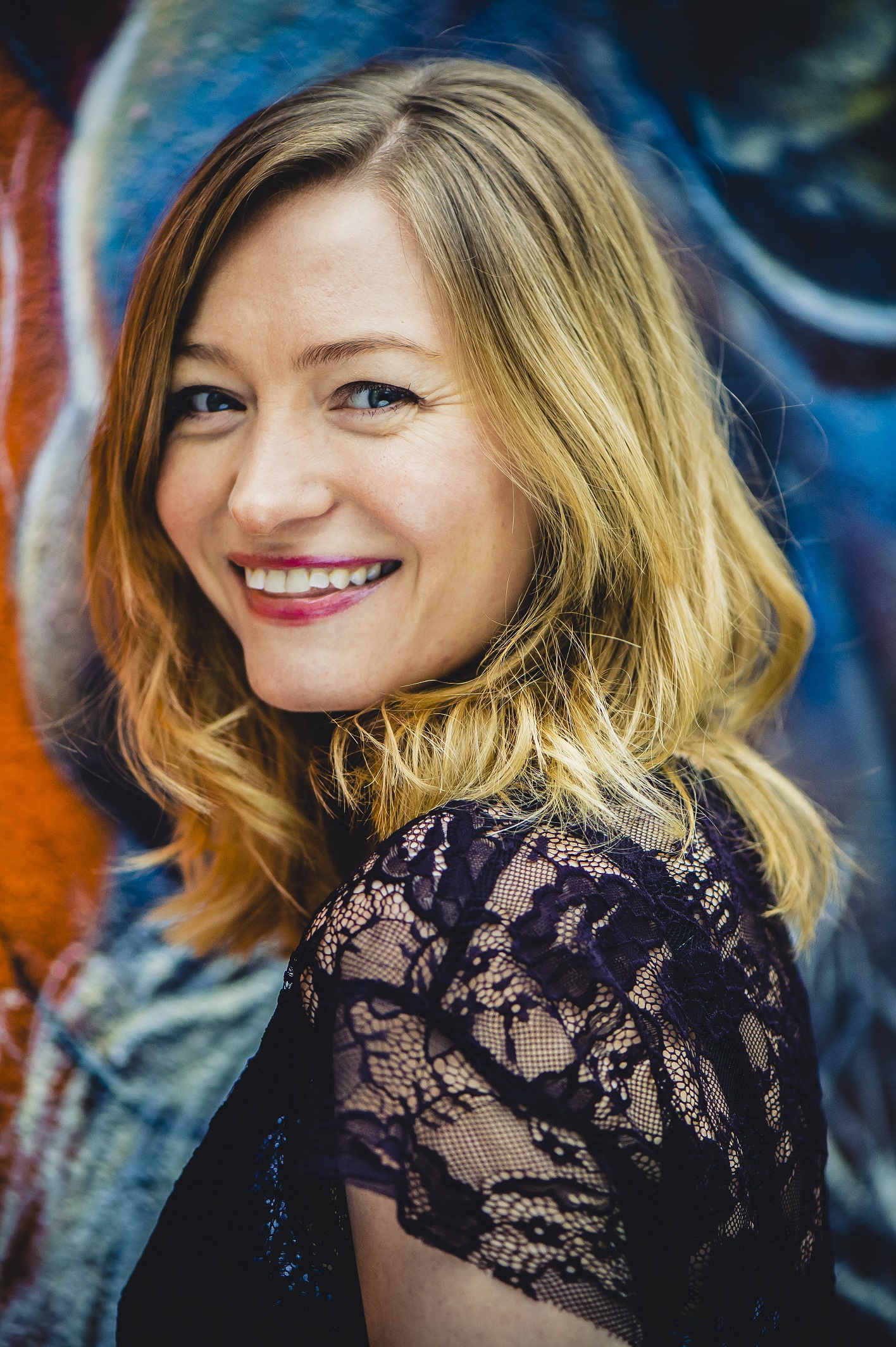1. Trust in your own sense of humour.
I’ve never considered myself to be particularly funny, and I certainly never thought I’d end up writing a comedy series: my sense of humour tends to be quite off-the-wall, weird and obscure, as well as extremely dry (in real life people frequently don’t even realise I’m joking when I actually am). If I’d thought about it too much, I’d have worried that what I found funny other people wouldn’t (and sometimes they still don’t). But in relaxing, having fun and making myself laugh as often as possible I discovered that we each have our own way of seeing the world, and that there’s room for all kinds of comedy: even the weird stuff. There will always be people out there with the same sense of humour as you. So think about what you find funny, and write that: don’t worry about who you’re writing for of if they’ll laugh too.
2. Be yourself.
Obviously if you’re writing a character then you don’t have to be you - at least not all of the time - but your voice, your quirks and your flaws are what make you different to everybody else: that’s what makes a character feel real and relatable. So don’t try to write like any other writer. Just write the truth of your story as you feel it, be as honest as you can, and your uniqueness will shine through.
3. Plot well
This one is tricky, because every writer has different ways of doing things: I know many great writers who have no idea what’s going to happen before they sit down to write a book. But, for me (and maybe for you), I realised quite quickly that I really need to know the bigger points of what’s going to happen - the overall structure, the point of the story, key scenes, how my characters are going to develop - before I start. It means I can relax more when I’m writing, because I understand what the story is I’m trying to tell.
4. But also leave room for imagination and playfulness
And here’s the caveat: plan and structure away, but always give yourself plenty of opportunity to have fun, change your mind, go off on tangents and have those brilliant moments of “aha!” Your characters will often misbehave, and that’s okay: it means they’re alive, and you should listen to what they want and what it is they’re trying to do. It doesn’t always mean they’re right, but you should use the plot as a pencil-outline rather than trying to stick to it religiously. Honestly, the inspiration that comes without being planned or plotted is my favourite part of writing: there’s nothing more exciting than realising that the story is developing in a bit of your brain you’re not aware of!
5. Remember that all your characters are important
Especially when you’re writing a first-person narrative, it can be easy to make the mistake of thinking that your hero or heroine is the only character you need to focus on: that their story, their humour, their voice, is the point of the book. It’s not. Just as in real life, everyone is the hero of their own story and your writing needs to reflect that. Every single person - whether they’re the parent, or the best friend, or a random receptionist who only gets one line - needs to feel real, and interesting, and three-dimensional. Otherwise your book is going to feel flat, boring and unrealistic..
6. Get weird
This is harder than you’d think: so many times at the beginning, I’d try something new and then worry that my readers would find it off-putting. They almost definitely won’t: in fact, frequently the passages I write that feel a little bonkers are usually the bits my readers love the best. So be as brave as you can when you’re writing, and if that means going off on a weird thought-train then enjoy it and go for it.
7. Be honest. Always.
This doesn’t mean “write your real life”, because nobody’s interested in that: you’re probably not a celebrity, and you’re not scribing an autobiography. But when you’ve put your character in a situation, ask yourself how you’d really feel: not how you’d like to feel, or how you would hope to feel, or what would look nice on the page. Usually, our emotions aren’t always pretty and they’re not always “cool”: real people can be selfish, or embarrassing, or bad-tempered, or wrong, and it’s far too easy to try and make your character ridiculously ‘good’ all of the time. So be as brutal as you can with your character and their reactions: that’s exactly what’s going to make them feel like a real person.
8. It’s not a race and it doesn’t have to be perfect
Writing a book is not a speedy process: you’re very unlikely to sit down and get it down in a week. And you’re even less likely to get it right, first time. My first drafts are generally terrible: I frequently have to go back and change huge plot points, or even whole characters. For a perfectionist, that’s a hard lesson, and it took a long time to give myself permission to write a bad novel, first time round. It’s in the re-writing that the real story comes through, so don’t rush it, don’t get impatient and don’t beat yourself up if it isn’t what you’d hoped for, straight off the bat.
9. Writer’s Block is normal
Frankly, I’ve lost count of the amount of times I get asked “do you ever get writers block?” The answer - for every writer I’ve ever met - is absolutely. I get stuck frequently, in every single book I’ve ever written. It’s a part of the process, and I’ve slowly learnt to stop panicking and thinking my writing career is over, every single time. For me, getting stuck usually means I’m out of creative juice and I need a break and some space, I’m tired (so I need to sleep) or I’ve simply taken a wrong path. It’s my brain’s way of saying ‘hold up, something doesn’t feel right’, so I’ll stop, look over what I’ve done and work out at what point the story took a wrong direction. But it’s going to happen, so see it as a sign that your story has a life of its own, and that’s a good thing.
10. Don’t limit yourself
Okay, so maybe you want to write “for” younger children, or for younger teens, or for adults, or for little green aliens. Maybe you think there are some topics or subjects you can’t tackle or write about as a result. It’s not true: as long as it’s done sensitively, you can include everything. There may be no swearing in my books, but - if you look carefully - there are many occasions where someone swears: you just don’t hear it, because Harriet doesn’t relate it to you. Stick to the truth of who your character is, and they will inform what you write about and who you’re writing for: not the other way round.















